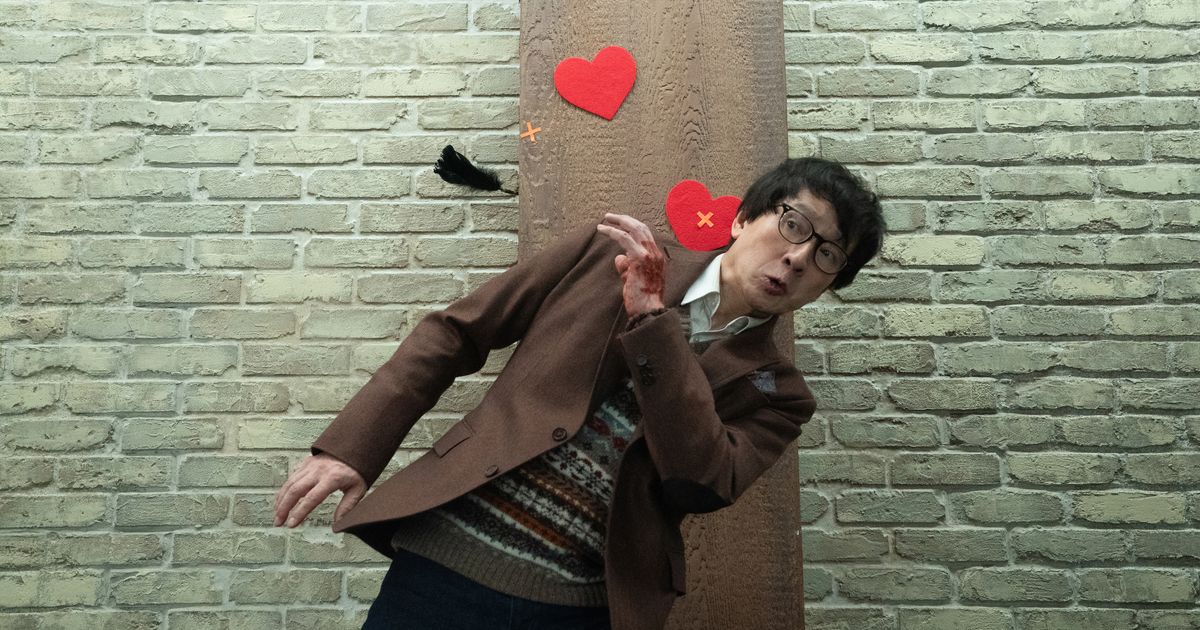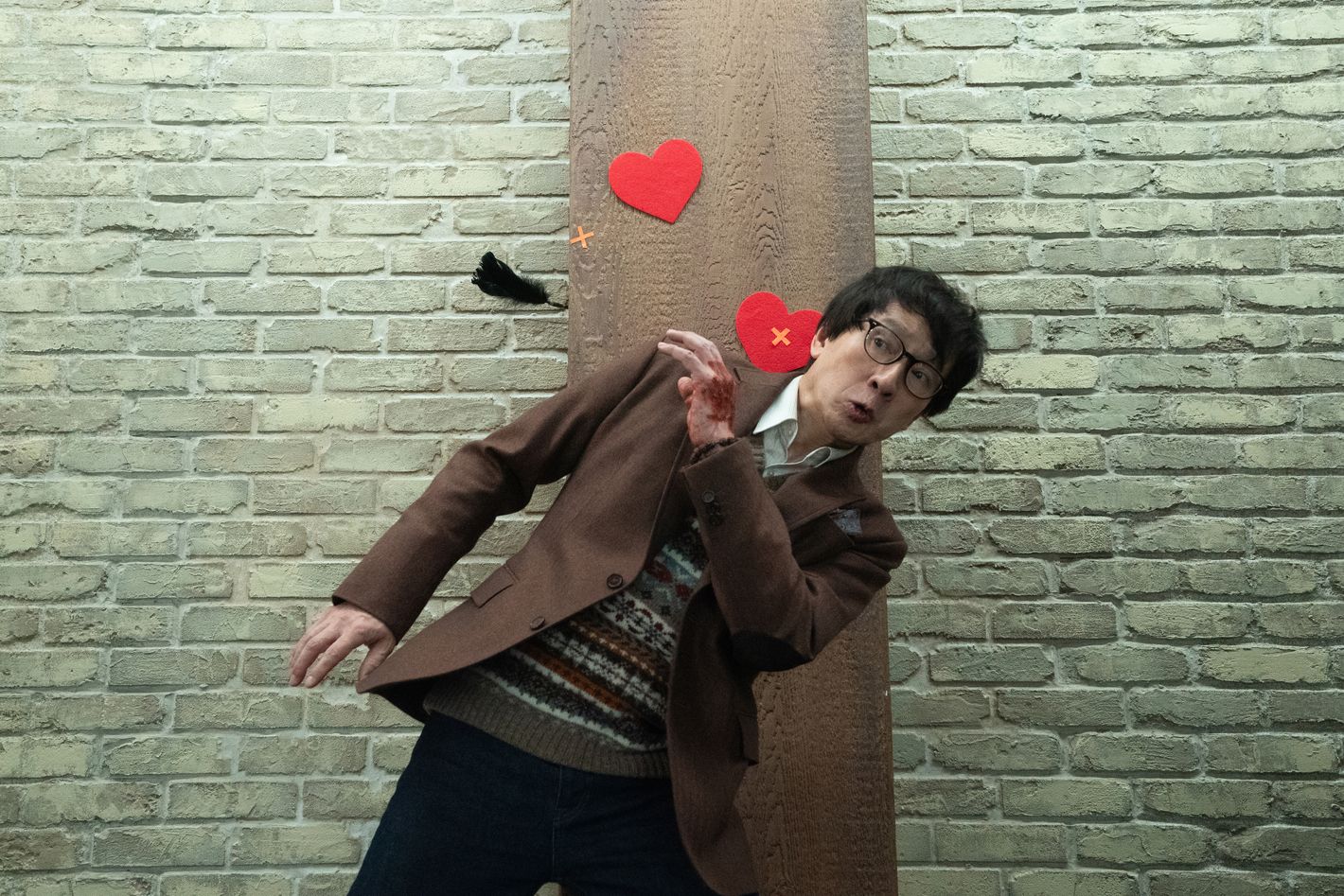Does Love Hurts Even Count As a Movie?
If you can’t make the fight scenes interesting in a film that’s nothing but fight scenes, what have you got?


Uninspired, impoverished, and thoroughly uninvolving, Love Hurts purports to give the retired-killer-returns subgenre a romantic spin. In casting the amiable Oscar winner Ke Huy Quan (Everything Everywhere All at Once) in a rare leading role, it also tries to tap into Hollywood’s recent fondness for ordinary-nice-guy-pushed-beyond-the-limit action flicks. The tragedy isn’t that the film winds up not accomplishing any of these things. It’s that by the time the end credits start rolling, we’re left with the queasy feeling that the movie hasn’t even tried.
Quan, whose pleasantly nebbishy persona should make him a natural for everyman roles, plays Marvin Gable, a friendly Milwaukee real-estate agent pulled back into a world of gang violence he thought he’d left behind. The reason why a small army of goons has suddenly reappeared in his life is Rose (Ariana DeBose, another Oscar winner), a former mob lawyer who worked for Marvin’s kingpin brother, Alvin a.k.a. Knuckles (Daniel Wu). Rose had betrayed Knuckles and was presumed dead, because Marvin was supposed to have killed her; he didn’t because he was secretly in love with her. Anyway, now she’s back, and Knuckles’s men are hunting both her and Marvin.
Shockingly, that’s sort of it. Quan and DeBose, for all their talent, haven’t been given anything compelling to do — or really even say. He spouts endless platitudes about his new life, and she gets some words in about facing the past. These are phrase-length character premises that cannot possibly fuel a feature-length enterprise. And they don’t: Running 83 minutes (including credits), Love Hurts feels like it might have once been something, but in its current iteration it exists basically as a series of fight scenes stitched together with the thinnest of narratives.
That wouldn’t be such a bad thing — indeed, it could have been a great thing — if the action was in any way inventive or engaging. But aside from some competent stuntwork, the beatdowns are strictly boilerplate: Heads get butted, knives get thrown, and people get tossed with robotic predictability. (Somebody is at one point stuffed in a refrigerator and thrown around, and while that may sound intriguing, it’s handled here in the most cursory, unexciting way.) Director Jonathan Eusebio, a talented fight coordinator with titles like The Fall Guy and Violent Night and assorted John Wicks to his credit, doesn’t give the action any spontaneity or grace or visceral pizzazz. During one fight, a couple of thugs pull off a pair of enormous fork and knife wall decorations, and we think maybe something fun is about to start — and the whole bit lasts for about 20 seconds. If you can’t make the fight scenes interesting in a movie that’s nothing but fight scenes, what have you got? Does it even count as a movie?
The script does make occasional stabs at something offbeat, with haphazard cutaways to a romantic subplot in which Marvin’s depressed assistant, Ashley (Lio Tipton), falls for Raven (Mustafa Shakir), an enormous, poetry-writing hit man. (It’s Valentine’s Day, you see, and people are in their feelings.) These scenes feel like they’ve been airlifted from a different, more ambitious film — one that effectively blended swoony rom-com with a high-body-count hit-man thriller. But here, the subplot just hangs pointlessly in the air. Is it just ill-conceived, or is it what’s left of a movie that’s had its guts ripped out? We may never know. Even worse, we may not care to ever find out.








